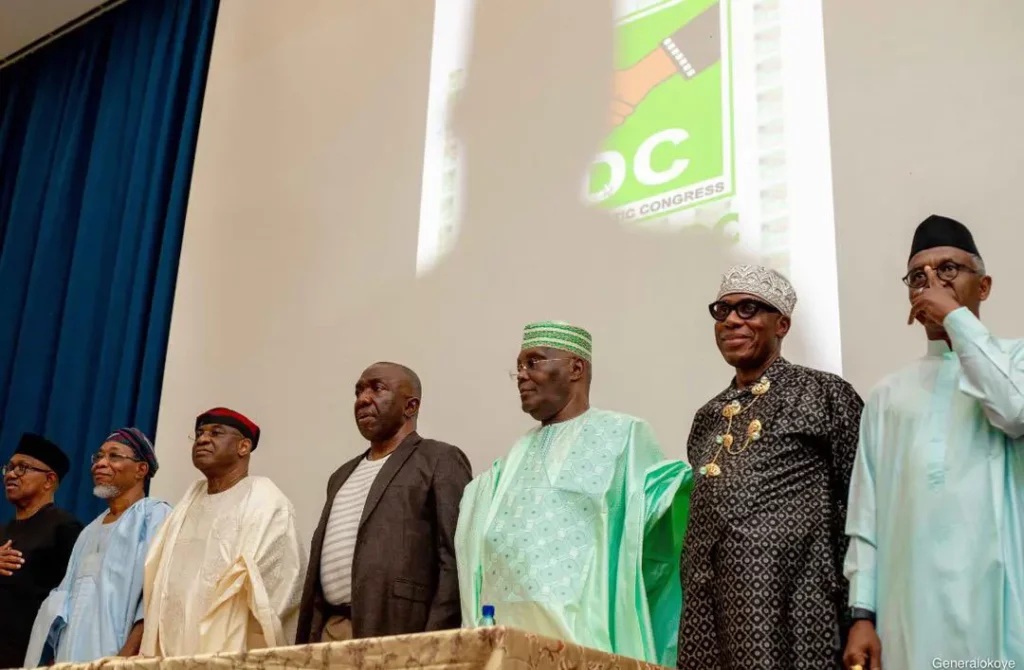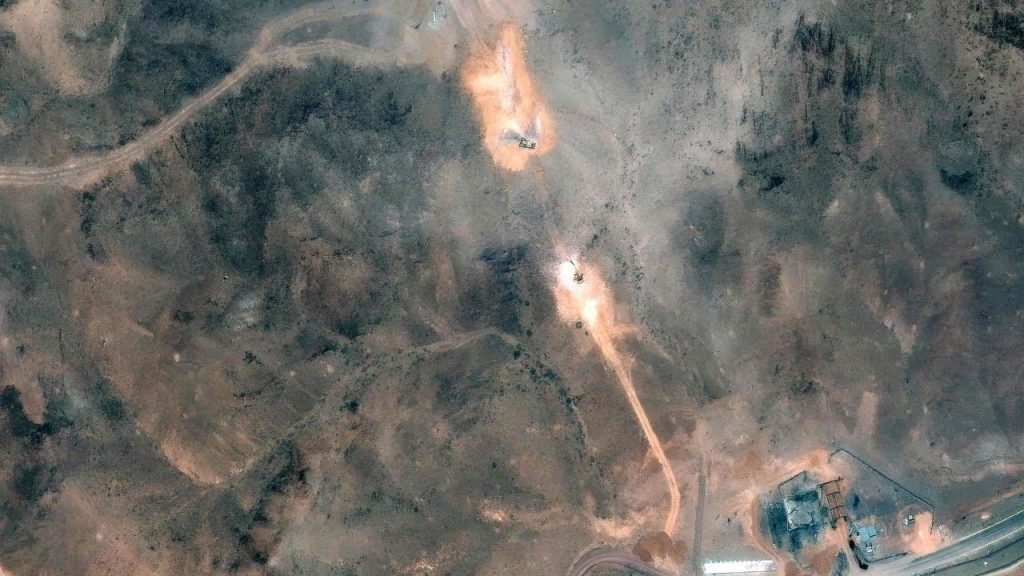Health
Migration: Nigerian govt woos 12,400 doctors to return home

The President of Nigeria, Bola Ahmed Tinubu, has on August 12, 2024, signed the National Policy on Healthcare Workforce Migration to address the constant relocation of doctors in Nigeria.
The Coordinating Minister of Health and Social Welfare, Prof. Muhammad Pate, disclosed this on his X handle on August 13, 2024.
The policy aims to woo an estimated number of 12,400 Nigerian trained doctors practicing abroad to return home.
Prof. Pate also made an appearance on Channels TV where he said that the United Kingdom alone has 67% of Nigerian trained doctors practicing in their country.
The minister stated that the policy acknowledges the importance of work-life balance.
It includes provisions for regular health checks, mental well-being support, and reasonable working hours, particularly for younger doctors.
Prof. Muhammad Pate’s speech
Prof. Pate said: “These measures aim to create a supportive work environment, reducing burnout and enhancing job satisfaction.
“The governance of this policy will be overseen by the National Human Resources for Health Program (NHRHP) within, in collaboration with state governments.
“The recruitment countries, that recruit our professionals, should they not have some responsibilities to help us expand the training?
“Because the strain of health workers’ migration is continuous; it’s not going to stop tomorrow.
“The UK will need Nigerian doctors; 67 per cent of our doctors go to the United Kingdom and 25 per cent of the NHIS workforce is Nigerian.
“Nigerians are very vibrant, very entrepreneurial, and very capable wherever they are.
“If Nigerians hold back from the UK, for instance, the NHS will struggle to provide the services that many Nigerians are going there to get,” the minister said.
Pate also said that the policy signed by the president will serve as a detailed master plan to curb the continuous out-flux of health workers in Nigeria.
Health workers, meanwhile, have demanded the blueprint and the implementation plan of the policy.
The National Policy
The health minister at the press release discloses further:
“This afternoon, the President Bola Ahmed Tinubu, GCFR, in-council, approved a landmark policy set to transform healthcare human resource management in Nigeria.
“The National Policy on Health Workforce Migration addresses the critical challenges facing Nigeria’s health human resources.
“As the AU Champion for Human Resources for Health and Community Health Delivery Partnership, Mr President’s commitment to a resilient and robust healthcare system is powerfully reflected in this forward-looking policy.
“This policy is more than just a response to the ongoing exodus of healthcare professionals; it’s a comprehensive strategy to manage, harness, and reverse health worker migration.
“It envisions a thriving workforce that is well-supported, adequately rewarded, and optimally utilised to meet the healthcare needs of all Nigerians.”
“By fostering an environment conducive to professional growth and stability, the policy aims to retain top talent within Nigeria.
“In an increasingly digital world, integrating advanced health technologies is essential.
“The policy’s focus on digital health infrastructure—including electronic medical records, telehealth, and a comprehensive health workforce registry—marks a significant step towards a more efficient, data-driven health system.
“These innovations will streamline healthcare delivery and enhance the equitable distribution of health workers, ensuring access to quality care for all Nigerians.
“Capacity building is at the heart of this policy.
“It recognizes the importance of continuous professional development, with strategic partnerships and opportunities for international training to equip our healthcare…
Why is there incessant migration in Nigeria?
Nigerians migrate for a variety of complex and interconnected reasons. Some of the main factors include:
Economic opportunities:
Many Nigerians seek better job prospects, higher wages, and improved living standards abroad.
Education:
Some migrate to access quality education, scholarships, or specialized training not readily available in Nigeria.
Political instability and insecurity:
Ongoing conflict, terrorism, and political uncertainty drive some Nigerians to seek safer environments.
Environmental factors:
Climate change, desertification, and resource depletion contribute to migration from affected areas.
Social and family ties:
Reuniting with family members or joining existing diaspora communities is a significant draw.
Healthcare:
Access to better medical facilities and specialized treatment attracts some migrants.
Human rights and freedom:
Some individuals flee persecution, discrimination, or restrictive environments.
Steps to curb Nigeria’s incessant migration
Addressing the complex issue of Nigerian migration requires a multi-faceted approach. Here are some potential solutions:
Economic development and job creation:
Investing in Nigeria’s economy, infrastructure, and industries to create employment opportunities and improve living standards.
Education and skills training:
Enhancing the quality of education and vocational training to equip Nigerians with competitive skills.
Political stability and governance:
Promoting good governance, reducing corruption, and ensuring political inclusivity to foster a sense of belonging.
Security and conflict resolution:
Addressing insecurity, terrorism, and communal conflicts through effective policing, dialogue, and community engagement.
Environmental sustainability:
Implementing initiatives to mitigate climate change, desertification, and resource depletion.
Social and economic empowerment:
Supporting entrepreneurship, innovation, and social programs to uplift marginalized communities.
Diaspora engagement:
Encouraging Nigerians abroad to contribute to national development through investments, skills transfer, and mentorship.
Policy reforms:
Reviewing and refining migration policies to address push factors and provide opportunities for circular migration.
International cooperation:
Collaborating with destination countries to address the root causes of migration and promote mutually beneficial solutions.
Data-driven approaches:
Using research and data to understand migration dynamics and inform evidence-based policies.
Implementing these solutions requires a collaborative effort from Nigeria’s government, private sector, civil society, and international partners to address the complex drivers of migration in Nigeria.
For Diaspora Digital Media Updates click on Whatsapp, or Telegram. For eyewitness accounts/ reports/ articles, write to: citizenreports@diasporadigitalmedia.com. Follow us on X (Fomerly Twitter) or Facebook












